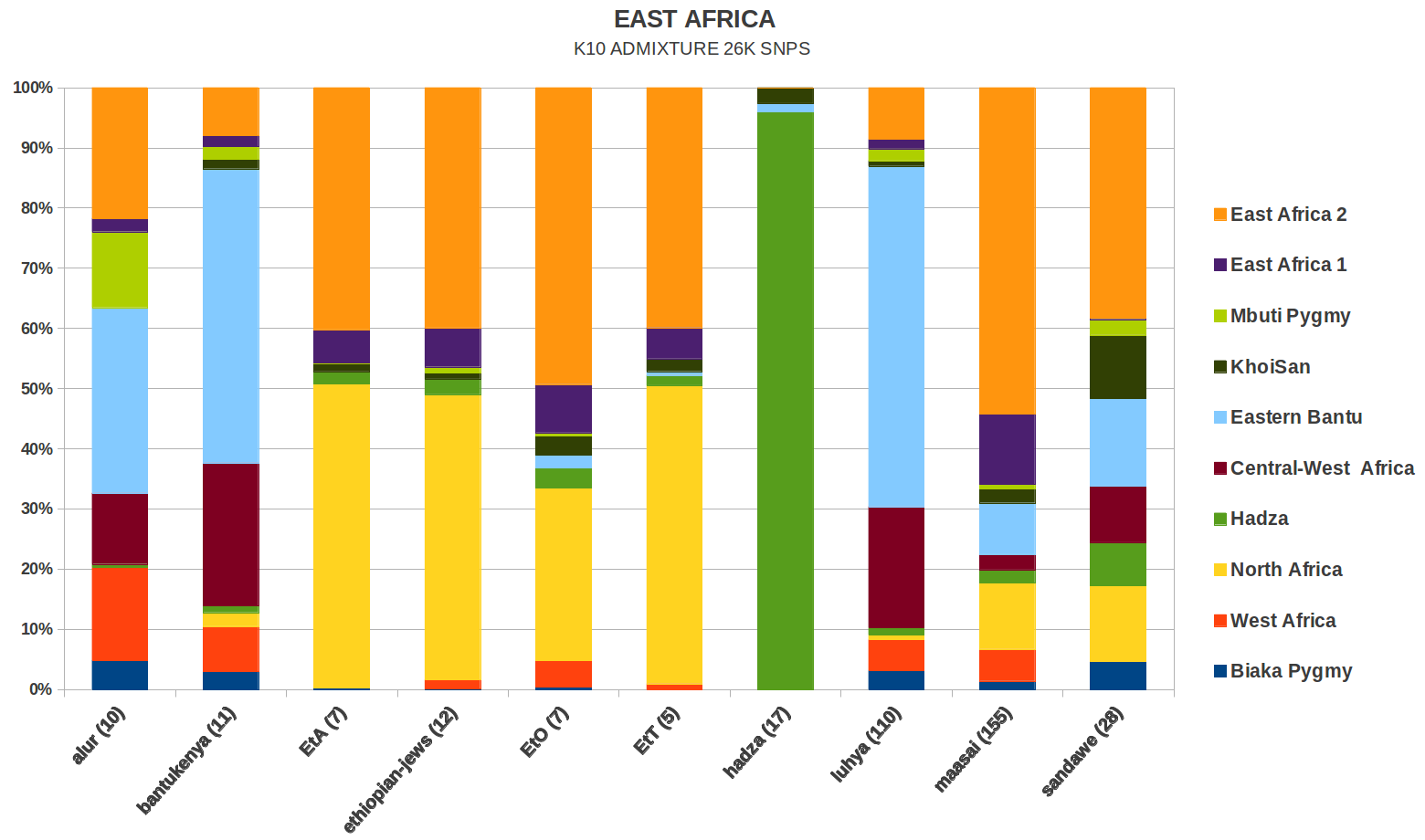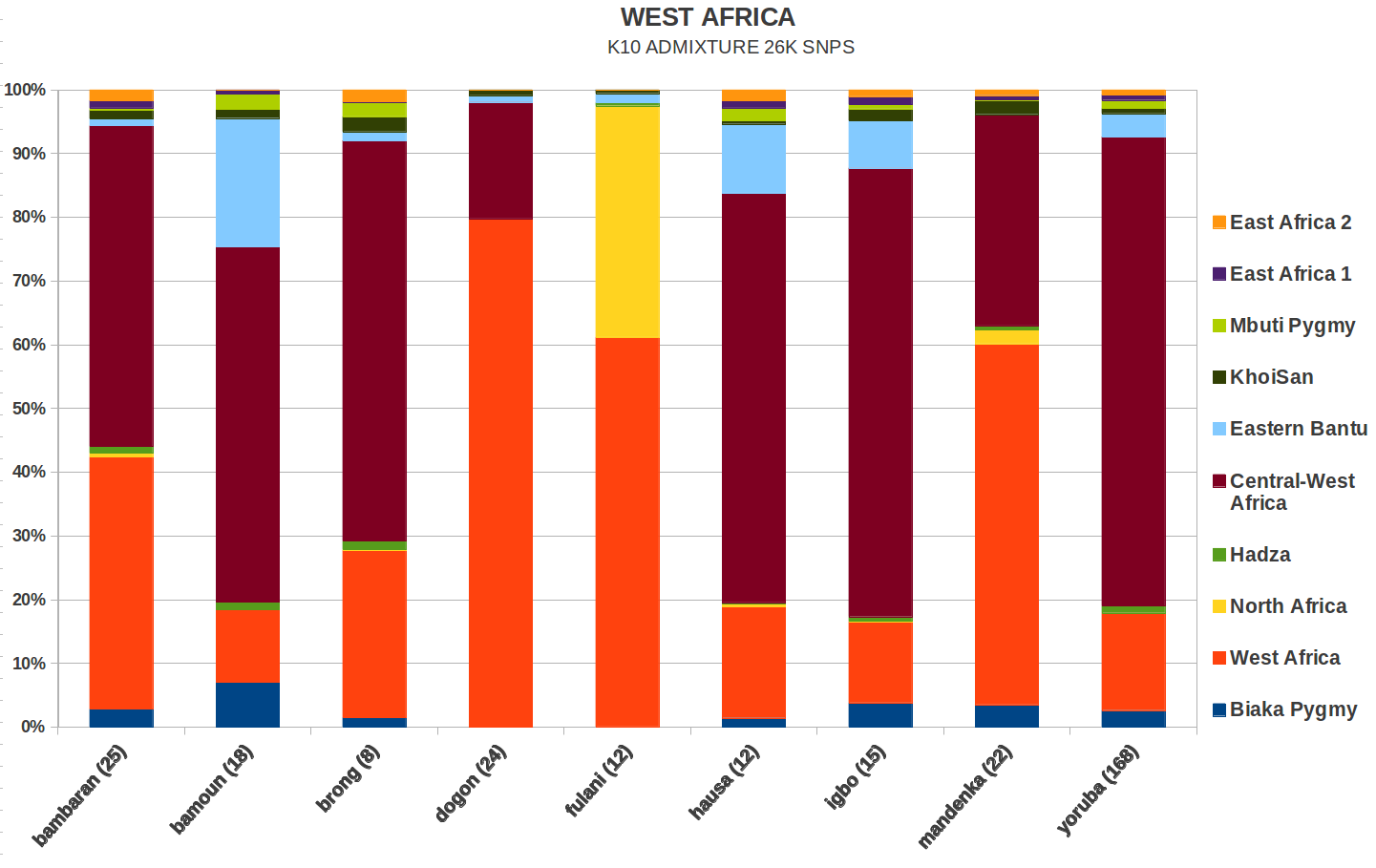For several decades, the only source of information about the historic meeting between Emperor Menelik and Mr. Benito Sylvain, a Haitian national and the first Western black to travel to East Africa, was Robert P. Skinner. Skinner was the American consul-general in the Mediterranean city of Marseille, and it was his lobbying that convinced President Theodore Roosevelt of the value of establishing political and commercial presence in the Red Sea hinterlands. In 1903, Skinner himself would head the historic diplomatic mission to Ethiopia, and three years later he would publish an account of his trip there.
The controversial passage in question, which Dr. Tsegaye has cited as proof of Ethiopian xenophobia, or even racism, was based on a hearsay Skinner picked up while in the capital, more likely from the foreign legations. According to the story, in 1897 Sylvain had taken all the trouble to come to Ethiopia with an ambitious program of race amelioration, only to discover that the Ethiopians saw themselves differently. “The negro should be uplifted,” Menelik was said to have responded firmly. “… But in coming to me to take the leadership, you are knocking at the wrong door, so to speak. You know, I am not a negro at all: I am a Caucasian.”
In fairness to the American emissary, his passage had positive things to say of the West Indian. Just a few lines below was the portrait of Sylvain as well-educated and socially refined. Skinner’s agenda was more complex, however, especially when read against his analysis of Ethiopian racial morphology in a chapter entitled “The Caucasians of Cush.” What Skinner sought was to defend Roosevelt’s decision of sending a costly diplomatic mission to the Horn of Africa, a region of which Americans knew little, by reenacting the fictive whitehood of post-Adwa Ethiopia. In other words, the expression Skinner attributed to Menelik was meant to assuage domestic racial concerns, regardless of how Ethiopians saw or felt about themselves. After all, as one historian commented, the racial jargons with which Menelik seemed to feel so much at home sounded more American than Ethiopian.
Fortunately, the encounters between Sylvain and Menelik were well documented in the diaries of none other than Sylvain himself. Therefore, to impute to Menelik the racial sensibilities of Confederate America is the result of either poor scholarship or bad faith, or possibly both.
On the morning of April 10, at eleven o’clock, the Haitian presented himself at the Ethiopian palace, attired in a sharp navy uniform with white gloves and carrying a sword. The sight of an overseas black person in a European military decor must have been startling. For Taytu, indifferent to protocol, impetuously stepped closer, studied the stranger critically, and exclaimed to Yosef Neguse, the interpreter: “He is definitely a man of our race!” For his part, Sylvain saw in the queen’s body language a natural intelligence, shrewdness of character and dominance, traits that made her the most uncompromising patriot in the eyes of Europeans. Her opulent physique spoke of her untoiling life as a noble woman. And her light complexion, at least by local standards, must have reminded Sylvain that in Ethiopia, as in Haiti and the rest of the Caribbean, society paid attention to shades of pigmentation, light skin commanding more social value over dark skin. Taytu was regal but not attractive, as the Western black saw her. Sylvain found her natural beauty compromised by hydropsy, better known as edema, a potentially debilitating medical condition characterized by a swelling of the skin tissues due to excessive water retention.
Menelik, Taytu’s third husband according to Sylvain, exuded a more affable personality. In his mid-fifties, the king remained physically active, starting his day at five in the morning with a stroll in the palace garden, and spending much of the day consulting with local and foreign dignitaries. He was an iconoclast in his own ways, but with the virtues and vitality of a great monarch. Sylvain described him in superlatives as one of the greatest men alive, in league with the Pope, the German Kaiser, and the Russian Tsar. Having grown up since the age of six in a strictly disciplinarian seminary of Port-au-Prince, it was as if Sylvain had finally discovered the paternal figure he had longed for as a child. In one passage, Sylvain wrote how he was welcomed with spontaneous cordiality by the great African sovereign. In another, he felt a dream-come-true in seeing with his own eyes the illustrious Negus, the moral exemplar of all humanity.
Indeed, the exchange between Menelik and Sylvain could not have been more different from what was imagined by Skinner. Notorious for asking practical questions, Menelik used occasions like this to gauge the world’s opinion about himself and his empire. On the issue of territorial integrity, he elicited Sylvain’s consent that Ethiopia’s encirclement by the colonial powers of Italy, Britain, and France posed the country’s most serious existential threat. On his part, responding to a question about the slave trade, Menelik reminded his guest that he had already promulgated two imperial edicts banning the practice, and that he hoped that domestic slavery would die as a consequence. Sylvain remarked that ending slavery would not only deprive Europeans the pretext for their anti-Ethiopian propaganda, but it would also transform the mixed feelings that blacks in the Americas had of their ancestral land.
Then the discussion drifted to Sylvain’s vision of “African regeneration.” Even countries like Egypt and Ethiopia, with a long history of “civilization,” were often disparaged in popular opinion because of unfavorable European coverage, Sylvain explained. The solution, as the West Indian saw it, was for blacks in Africa and the Americas to set aside petty differences and unite in a common cause of racial solidarity. This was not about a racial backlash. Rather, it was about uplifting oneself to the level of Europeans, with Western blacks playing the “civilizing” role. More specifically, it was up to the elites of Haiti, Ethiopia, and North American blacks to join hands in working for collective social transformation. The concept was elitist, even Eurocentric, by present-day standards. However, it was also prescient in its own right, as it foreshadowed the South-South dialogues of the late twentieth and early twenty-first centuries. The palace audience ended with Menelik having decorated Sylvain with the Cross of the Order of Solomon and having named him an aide-de-camp, his liaison to the pan-African world at large.
Thus opened the first chapter of Ethiopian-American relations, whose course of rise and fall over a century has since fascinated many a historian. Sylvain would visit Ethiopia a few more times. Menelik would hire as his personal physician a French-speaking West Indian doctor, Joseph Vitalien of Guadeloupe. He would personally welcome a certain Daniel R. Alexander, the ex-slave Missourian who married and settled in the outskirts of Addis Ababa. In the mid-1930s, just before the threat of Italian invasion forced foreigners out of Ethiopia, among them the eighty-year-old Alexander, the number of black repatriates in the country would number close to a hundred, most of them colonial nationals from the English-speaking Caribbean islands.











 while sticking to the "African" label/concept in a way that you can't under the "Black" label/concept.
while sticking to the "African" label/concept in a way that you can't under the "Black" label/concept.







